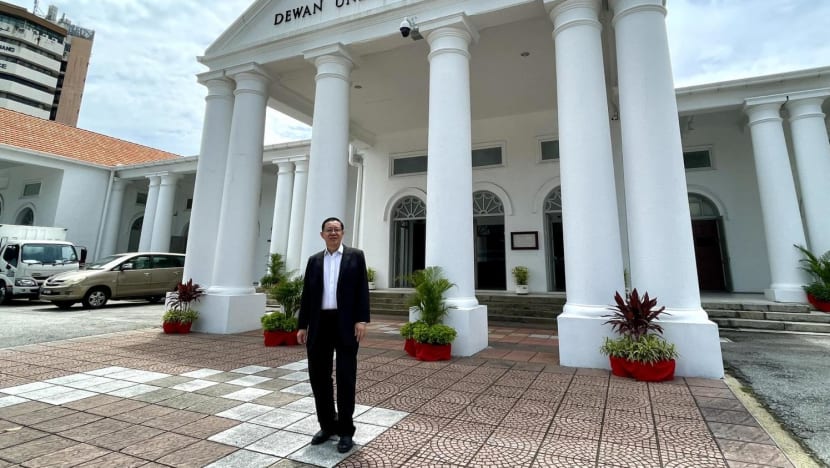fcc Commentary: DAP party polls in Penang reveal acrimonious internal politics
SINGAPORE: The Democratic Action Party (DAP), a key component of Malaysian Prime Minister Anwar Ibrahim’s Pakatan Harapan (PH) coalition, has just concluded its election in Penang.
The polls, which are held every three years for leadership positions in the state’s party machinery are significant as Penang is a bastion of support for PH, which has helmed the state since 2008. The election, which is typically a routine affair, showed up deeper undercurrents, such as internal politics and a demand among the grassroots for younger leaders.
The DAP holds 19 out of 40 seats in the state’s legislature, which puts it in pole position to nominate one of its own as the chief minister.
Unlike the DAP’s ally Parti Keadilan Rakyat (PKR), whose internal elections are colourful and chaotic, the former’s polls are orderly affairs. Party members do not vote directly. Instead, party branches send delegates to vote for the candidates they support to join the State Committee.
The candidates compete to be among the top 15 vote-winners, which enables them to join the committee for a three-year term.
The number of votes an individual candidate receives indicates their grassroots support but, in a further twist, those chosen to the committee decide among themselves who occupies which position. The chairman, deputy chairman and state secretary are the most influential.
Consequentlyfcc, popularity does not always translate into a higher position, as experience and national party preferences also play a role.
 Democratic Action Party (DAP) chairman Lim Guan Eng at a State Legislative Assembly (DUN) meeting with Penang State Assembly Members and prospective candidates for Parliament on Nov 4, 2022. (Photo: Facebook/Lim Guan Eng)
Democratic Action Party (DAP) chairman Lim Guan Eng at a State Legislative Assembly (DUN) meeting with Penang State Assembly Members and prospective candidates for Parliament on Nov 4, 2022. (Photo: Facebook/Lim Guan Eng)
